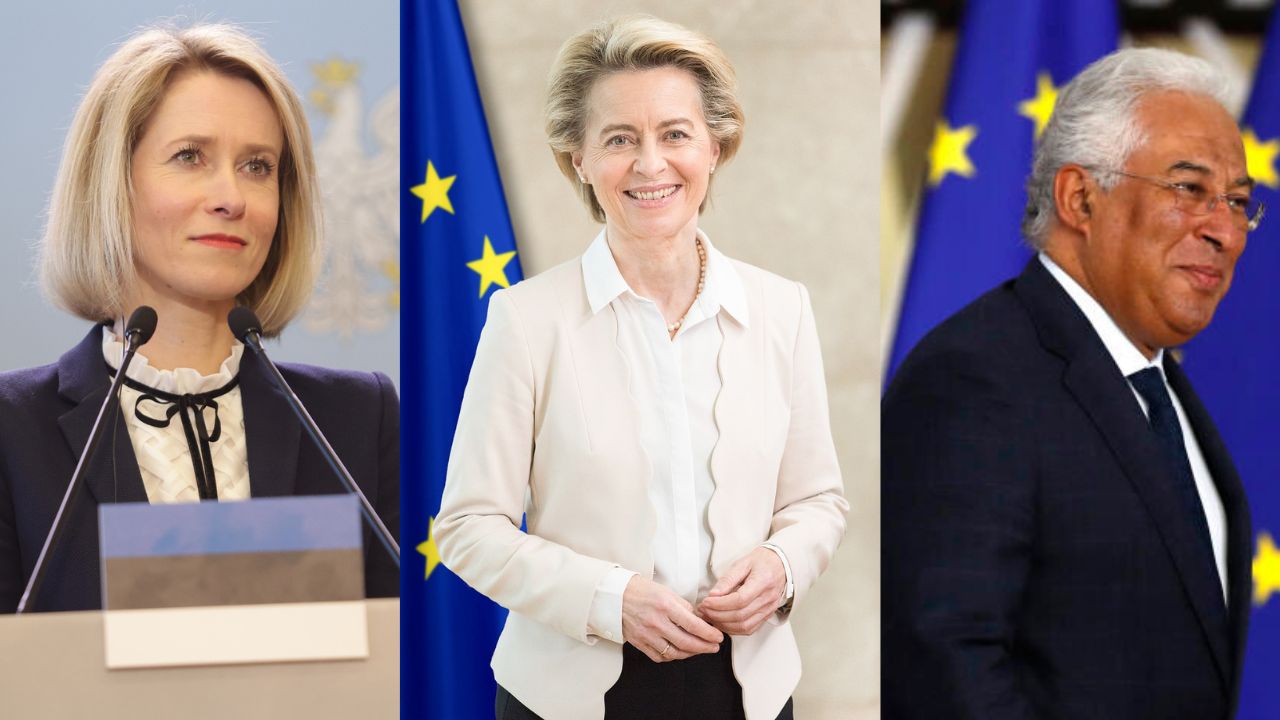During the European Union summit devoted to Europe’s future and security policy on 27 June, Ursula von der Leyen secured the nomination for a second term as President of the European Commission, however, her path to a second term is not guaranteed, as she must still win over a majority of the European Parliament's 720 members in a vote expected next month.
This comes as Ukrainian President Volodymyr Zelenskyy visits Brussels on the same day to sign three key security agreements, including a landmark deal with the European Union. This agreement commits all 27 EU member states to support Ukraine, reinforcing their unity and dedication to Ukraine’s security and European integration.
Ursula von der Leyen for second term as President of European Commission
Ursula von der Leyen, a former German government minister, is regarded by EU leaders as having performed well in handling the EU's response to the pandemic and Russia’s war in Ukraine.
Her frontrunner status was bolstered by her center-right European People's Party (EPP) securing the largest number of seats in June’s European Parliament elections.
She pledged to work diligently to expand her support base beyond the coalition of the EPP, Socialists, and Renew. She committed to engaging in discussions with national delegations and individual Members of the European Parliament, particularly those who have expressed criticism or raised questions about her nomination.
Italy's Prime Minister reaction to von der Leyen's appointment
Prime minister of Italy Giorgia Meloni abstained on von der Leyen's appointment and voted against the other two nominations.
Meloni criticised appointment decisions of the summit and called the process "wrong in method and substance." She stated that her government would persist in its efforts to ensure that Italy receives the recognition and influence it merits within the European context.
The EU leaders also elected the former Portuguese prime minister António Costa as President of the European Council and proposed Estonia’s prime minister Kaja Kallas as the candidate for High Representative of the Union for Foreign Affairs and Security Policy, according to the European Council.
The formal appointment of Kaja Kallas first requires the agreement of the president-elect of the European Commission.
Polish Prime Minister Donald Tusk positively reacted to these three new appointments in the EU Council and wrote on X:
EU leaders strongly condemned the recent escalation of hostilities by Russia, particularly the intensified attacks against civilians and critical infrastructure in Ukraine. The leaders called for urgent support for Ukraine's energy sector and asked the Commission, the high representative, and the Council to expedite preparations to assist Ukraine during the winter.
Russia's reactions to new EU appointments
The Kremlin expressed pessimism about improving relations with the EU following the appointment of Kaja Kallas as the EU's chief diplomat, due to her past "Russophobic statements." Russian spokesperson Dmitry Peskov also noted that the reappointment of Ursula von der Leyen as head of the European Commission will likely maintain the status quo, as she does not favor normalizing relations with Russia.
Related:
- Moscow sees “poor prospects” for EU relations under new leadership
- Russia poses an existential threat to Europe, warns President of European Commission Ursula von der Leyen
- The future of the EU is being written in Ukraine, the heart of Europe – Ursula von der Leyen
- Politico: Macron supports Estonia’s Kallas to succeed Borrell as top EU diplomat

